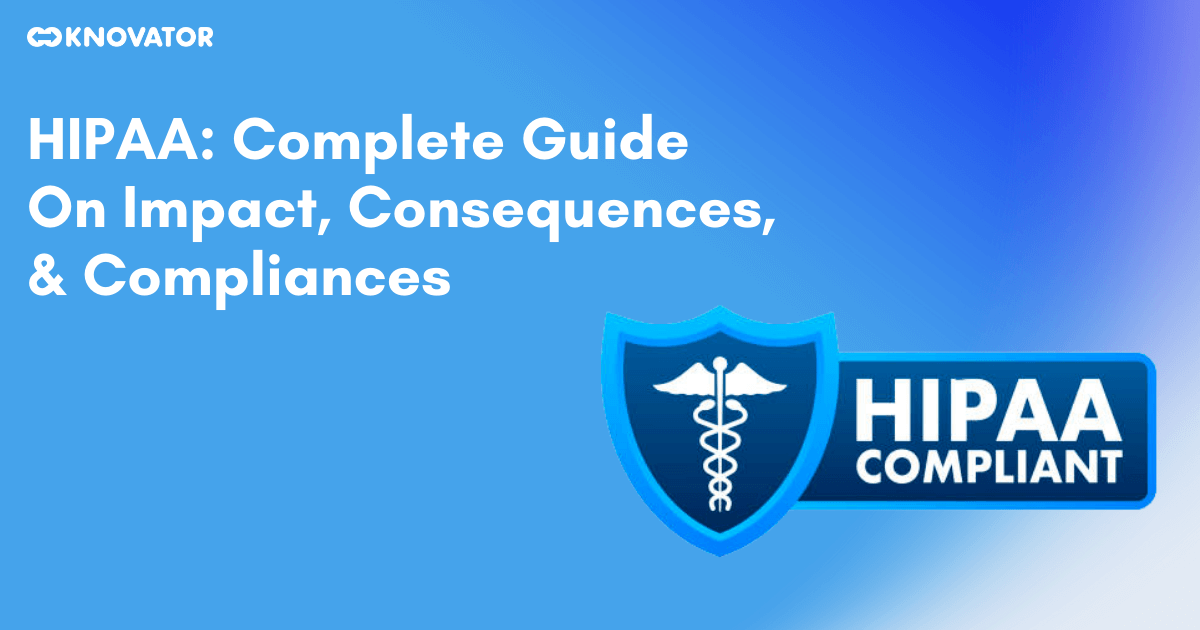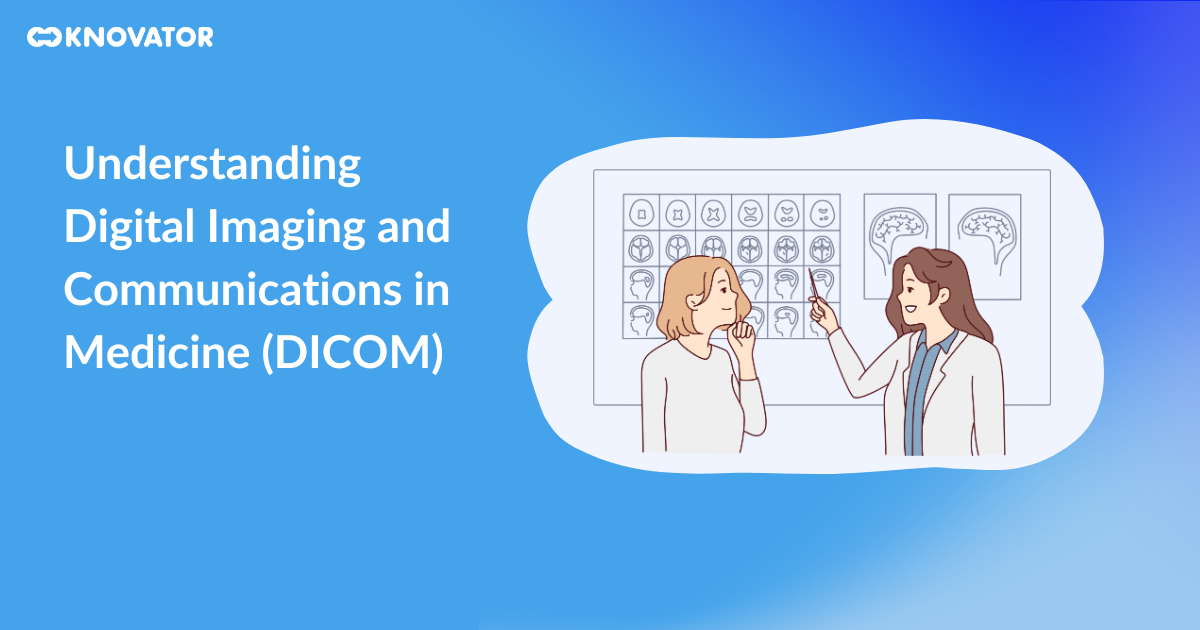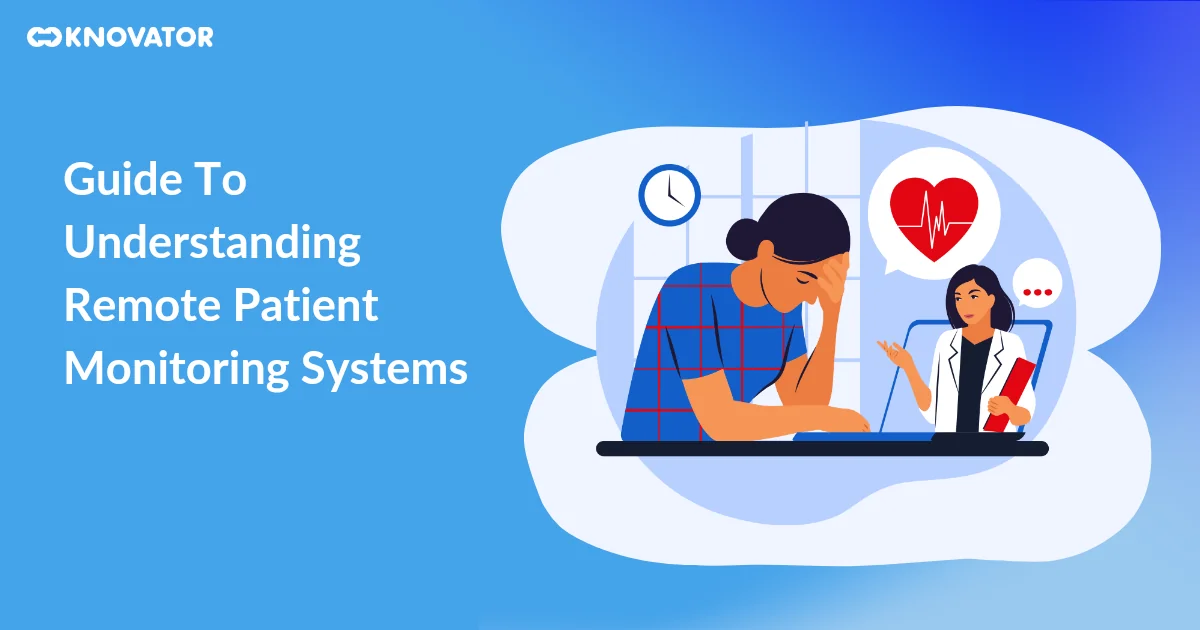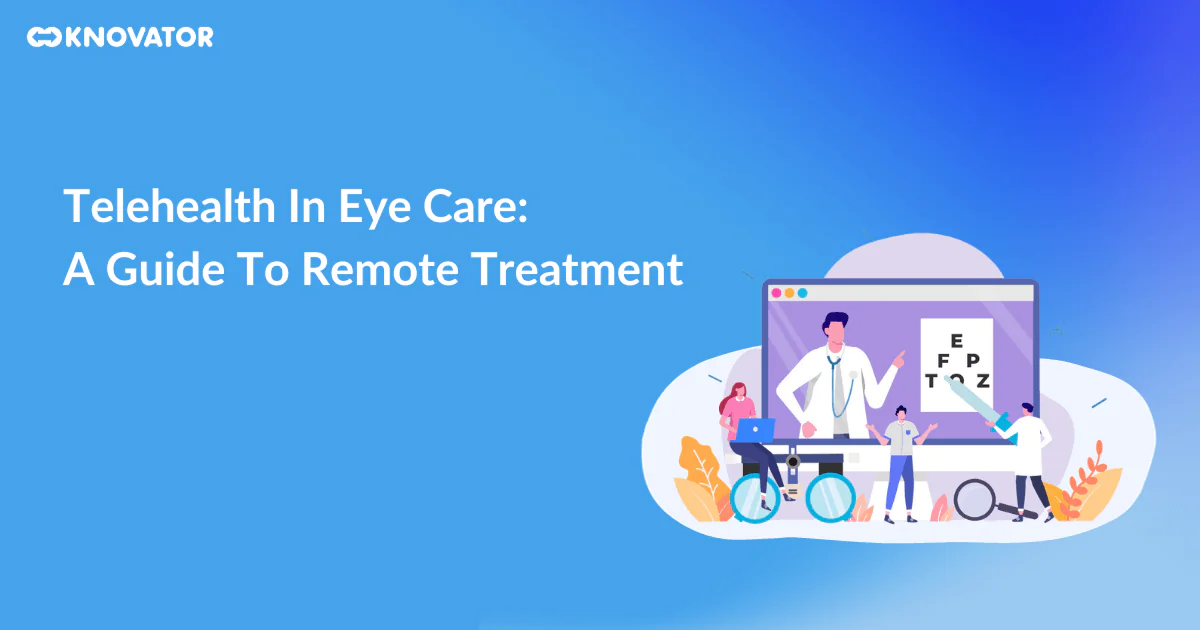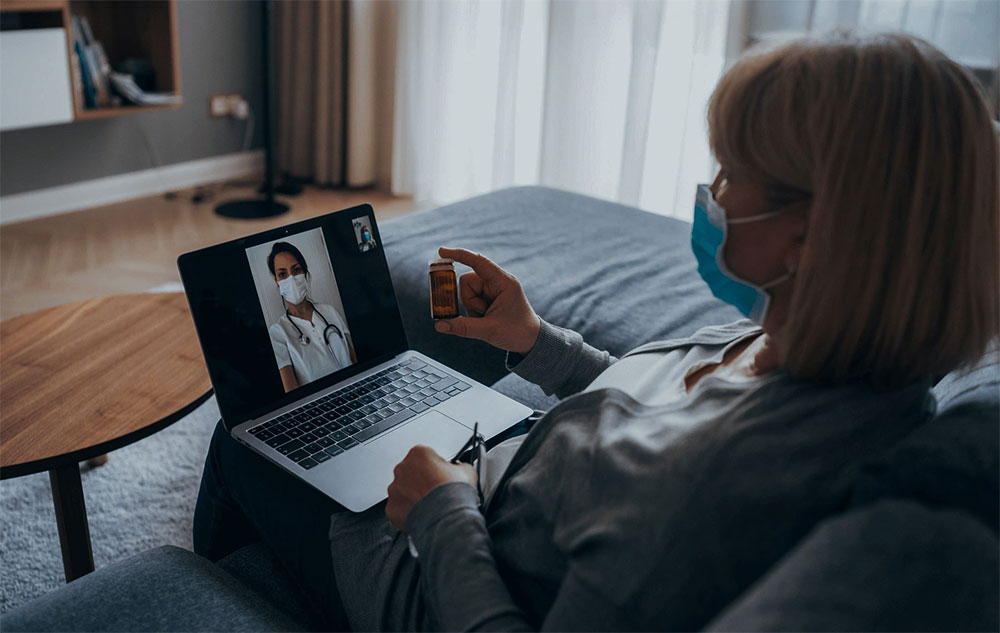In the world of healthcare, one act stands tall—HIPAA. Designed to protect your health information, HIPAA shapes the healthcare industry in many ways. Let’s dive in and explore.
What is HIPAA?
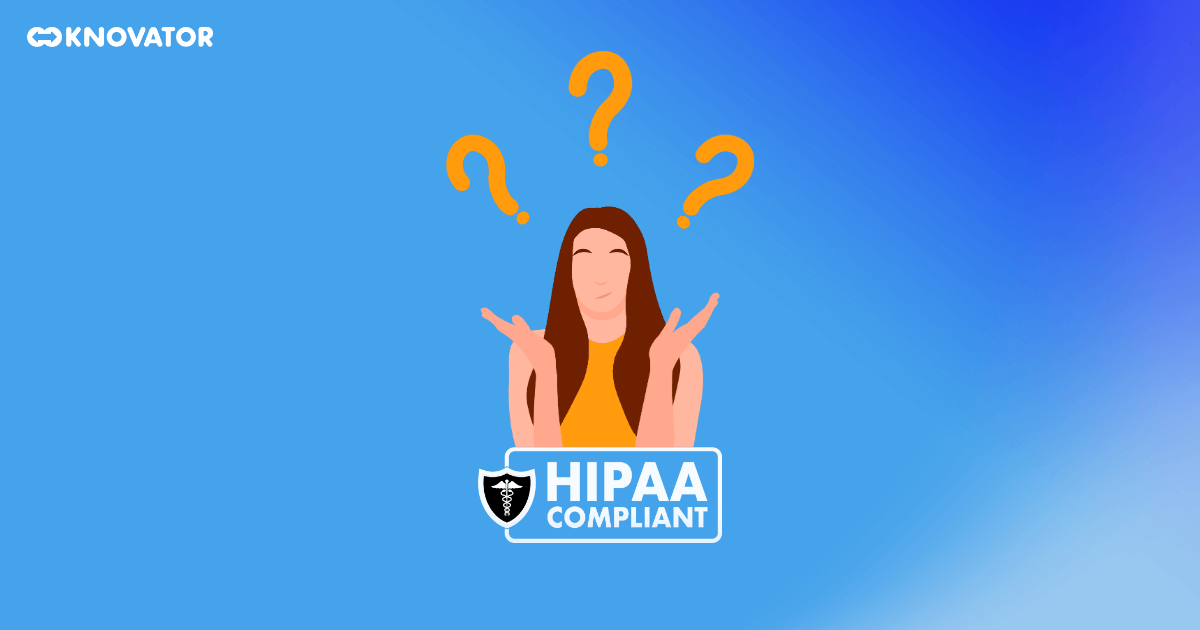 The Health Insurance Portability and Accountability Act (HIPAA), enacted in 1996, is a crucial piece of legislation transforming the healthcare industry. Its primary goal is to protect sensitive patient health information from fraud and theft while enabling the efficient operation of the healthcare system.
The Health Insurance Portability and Accountability Act (HIPAA), enacted in 1996, is a crucial piece of legislation transforming the healthcare industry. Its primary goal is to protect sensitive patient health information from fraud and theft while enabling the efficient operation of the healthcare system.
HIPAA introduced significant reforms aimed at keeping medical records safe while allowing necessary information flow among healthcare entities. The heart of this act comprises the Privacy and Security Rule, both critical in establishing national standards for safeguarding certain health information.
The Privacy Rule aims at regulating using and disclosing Protected Health Information (PHI) held by ‘covered entities,’ which includes health plans, healthcare clearinghouses, and healthcare providers conducting certain financial and administrative transactions electronically.
On the other hand, the Security Rule sets standards for protecting certain health information that’s electronically held or transferred. It establishes a national set of security standards for safeguarding certain health information that is held or transferred in electronic form. The rule operationalizes the protections in the Privacy Rule by taking care of the technical and non-technical safeguards that organizations, known as ‘covered entities,’ need to be put in place to secure individuals’ electronic protected health information (e-PHI).
The Privacy and Security Rules ensure that an individual’s health information is properly protected while allowing the necessary information flow to promote high-quality healthcare and protect public health.
Organizations Impacted by HIPAA
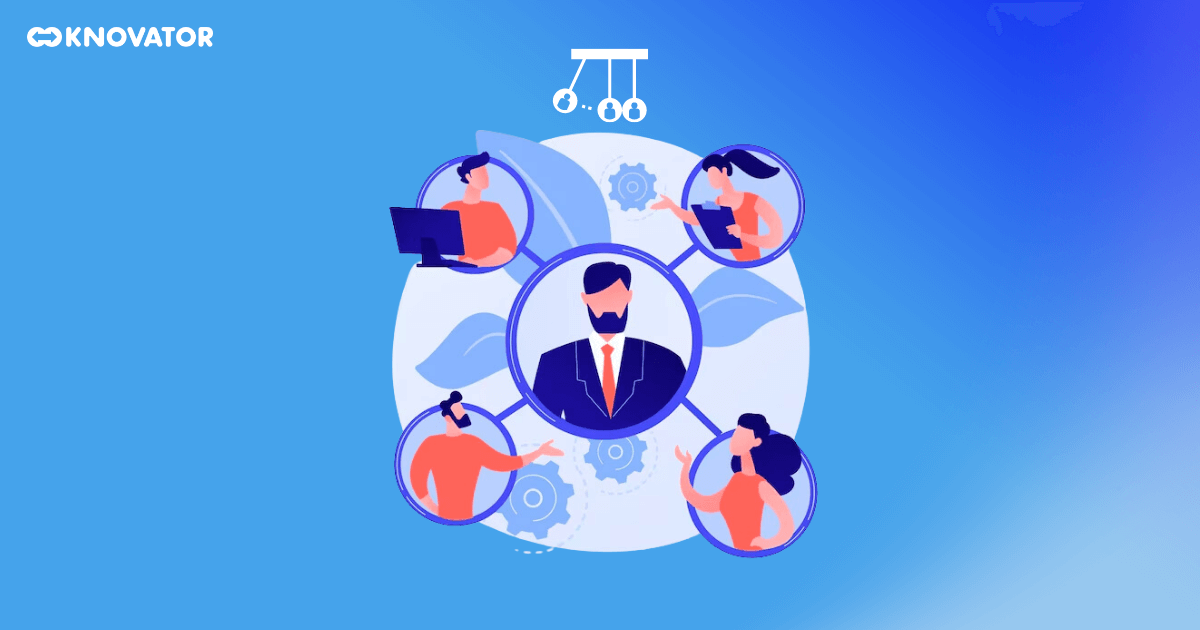 HIPAA’s scope extends to various organizations known as ‘covered entities.’ These include health plans, healthcare clearinghouses, and healthcare providers who provide health information in electronic form.
HIPAA’s scope extends to various organizations known as ‘covered entities.’ These include health plans, healthcare clearinghouses, and healthcare providers who provide health information in electronic form.
Health plans encompass insurance companies, company health plans, HMOs, and government programs such as Medicare and Medicaid. Healthcare clearinghouses are entities that process health information they get from another entity into a standard format. Healthcare providers like hospitals, clinics, pharmacies, and doctors who work in these places conduct electronic transactions.
In addition to these entities, HIPAA also covers business associates – persons or entities known to perform certain functions or activities that include using or disclosing confidential health information on behalf of, or offering services to, a covered entity. These can consist of third-party administrators, billing companies, or IT providers.
All of these organizations are responsible for safeguarding the health information they handle and ensuring it is not improperly disclosed. They must implement various measures to protect the integrity, availability, and confidentiality of e-PHI.
Consequences of Not Abiding by HIPAA
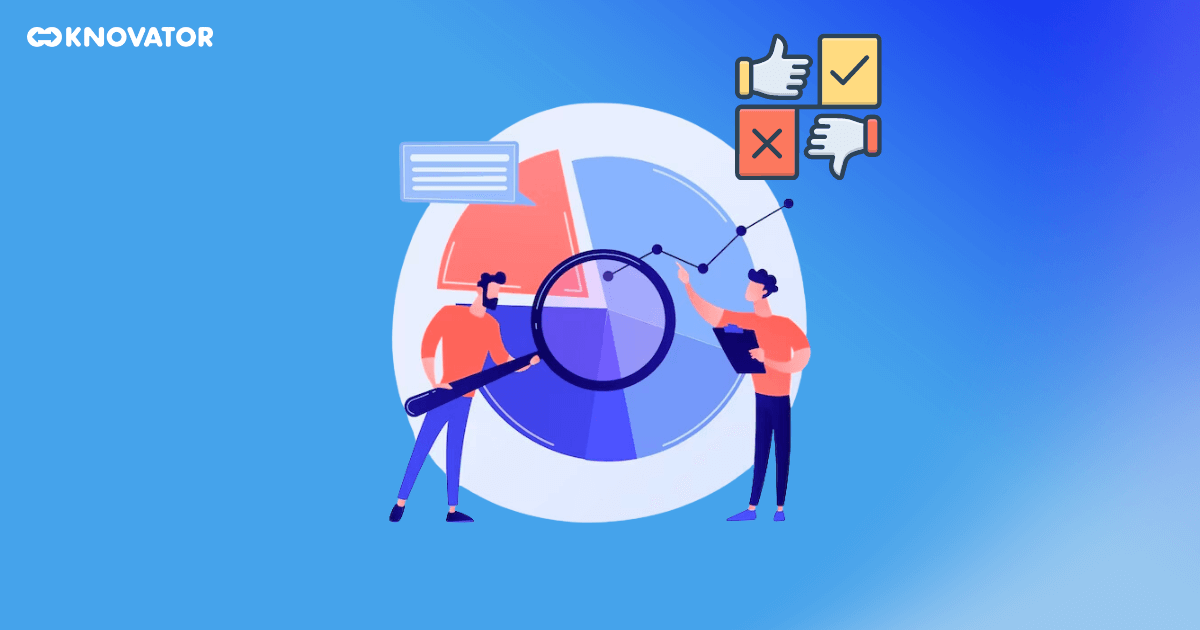 Non-compliance with HIPAA can lead to significant consequences. The U.S. Department of Health and Human Services’ Office for Civil Rights (OCR) enforces the Privacy and Security Rules. It can impose penalties ranging from civil monetary penalties to criminal charges in severe cases.
Non-compliance with HIPAA can lead to significant consequences. The U.S. Department of Health and Human Services’ Office for Civil Rights (OCR) enforces the Privacy and Security Rules. It can impose penalties ranging from civil monetary penalties to criminal charges in severe cases.
Non-compliance penalties are based on the negligence level. They can range from $100 to $50,000 for one violation (or per record). The maximum penalty can be $1.5 million per year for violations of an identical provision. Violations can result in criminal charges leading to imprisonment.
Enforcements and penalties are not just about punishing violations. They aim to change the behavior of covered entities and ensure they understand their obligations, thereby safeguarding sensitive health information from being compromised.
The repercussions of non-compliance go beyond financial penalties. They can also damage an organization’s reputation, lead to loss of clients, and impede the ability to conduct business.
HIPAA Security Rule
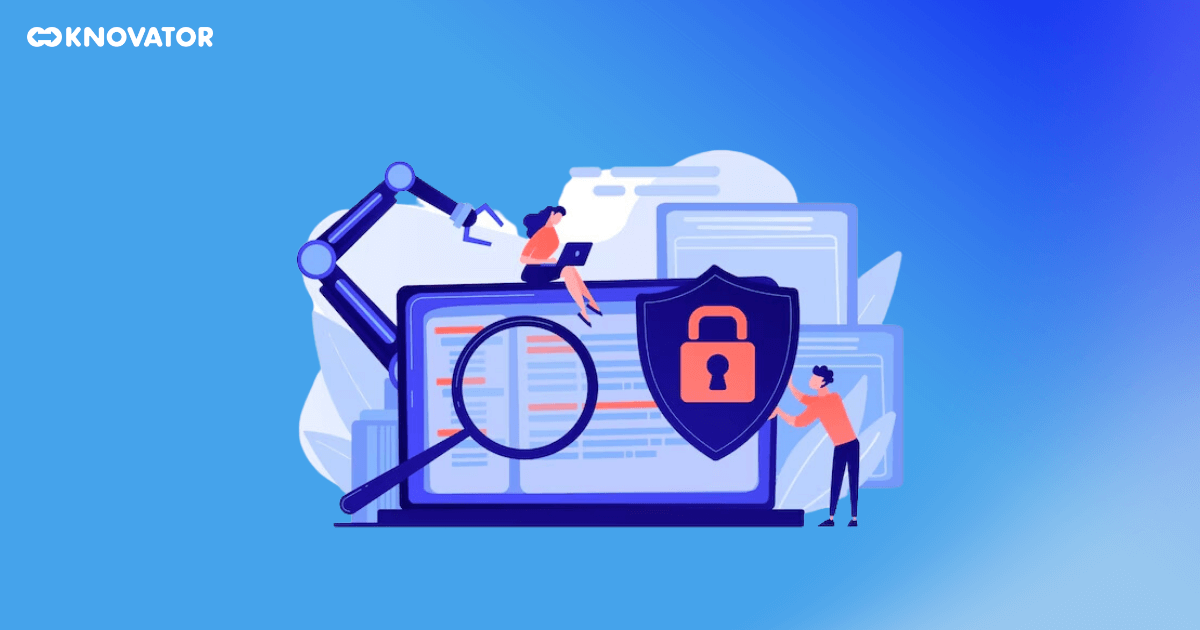 The HIPAA Security Rule aims to safeguard e-PHI. The Security Rule applies to health plans and any healthcare provider who is into transmitting health information electronically.
The HIPAA Security Rule aims to safeguard e-PHI. The Security Rule applies to health plans and any healthcare provider who is into transmitting health information electronically.
The Rule needs covered entities to uphold reasonable and accurate technical, administrative, and physical safeguards for protecting e-PHI.
The covered bodies must:
- Ensure all e-PHI they create, receive, maintain, or transmit are confidential, integral, and available.
- Identify and protect against expected threats to the information’s security or integrity.
- Ensure protection against reasonably anticipated, prohibited uses or disclosures; and
- Ensure their workforce complies.
The Security Rule defines “confidentiality” such that e-PHI should not be made available or disclosed to unauthorized individuals. The Security Rule’s confidentiality requirement supports the Privacy Rule’s forbiddance against malicious uses and disclosures of PHI.
In addition, the Security rule promotes the two additional goals of maintaining the availability and integrity of e-PHI. Under the Security Rule, “integrity” means that e-PHI does not get altered or destroyed in an unauthorized way. “Availability” means that e-PHI is accessible and usable on demand by an authorized person.
HIPAA Privacy Rule
 The HIPAA Privacy Rule has national standards for protecting individual medical records and most other information related to personal health. The rule applies to health plans, healthcare providers, and healthcare clearinghouses that carry out certain healthcare transactions electronically.
The HIPAA Privacy Rule has national standards for protecting individual medical records and most other information related to personal health. The rule applies to health plans, healthcare providers, and healthcare clearinghouses that carry out certain healthcare transactions electronically.
The Rule requires appropriate safeguards to protect the privacy of personal health information. It sets limits and conditions on the uses and disclosures that may be made of such information without patients’ authorization.
Additionally, the Privacy Rule gives patients rights over their health information, that include rights to examine and get a copy of their health records and to request corrections.
Additionally, the Rule provides the right to get the Notice of Privacy Practices’ copy from any covered entity, request privacy protection for PHI, and obtain an accounting of PHI’s disclosures.
Administrative, Physical, and Technical Safeguards
 The Security Rule identifies three security safeguards required for compliance: administrative, physical, and technical.
The Security Rule identifies three security safeguards required for compliance: administrative, physical, and technical.
Administrative safeguards are administrative actions, policies, and procedures to handle the selection, development, implementation, and maintenance of security measures to protect e-PHI and to handle the conduct of the covered entity’s workforce concerning safeguarding that information.
Physical safeguards are physical measures, policies, and practices to protect a covered entity’s electronic information systems and associated buildings and equipment from natural and environmental hazards and unlawful intrusion.
Technical safeguards mean the technology and the policy and procedures for its use that protect e-PHI and control access to it.
Covered entities must consider their size, complexity, capabilities, the cost of the security measures, and the chances and criticality of potential risks to e-PHI while implementing these safeguards.
Risk Analysis and Management
 HIPAA requires covered entities to perform a risk analysis to find risks and vulnerabilities to the confidentiality, availability, and integrity of all e-PHI they create, receive, maintain, or transmit.
HIPAA requires covered entities to perform a risk analysis to find risks and vulnerabilities to the confidentiality, availability, and integrity of all e-PHI they create, receive, maintain, or transmit.
Such an analysis should be thorough and accurate and include all electronic systems, applications, and data groups where PHI may exist. The risk analysis results are then used to determine the appropriate security measures to be taken.
Risk management, as part of the administrative safeguards, requires entities to implement security measures sufficient to minimize risks and vulnerabilities to a reasonable and appropriate level. It should include ongoing activities such as risk analysis, risk reduction, and consistent application of sanctions for non-compliance by the workforce.
HIPAA and State Law
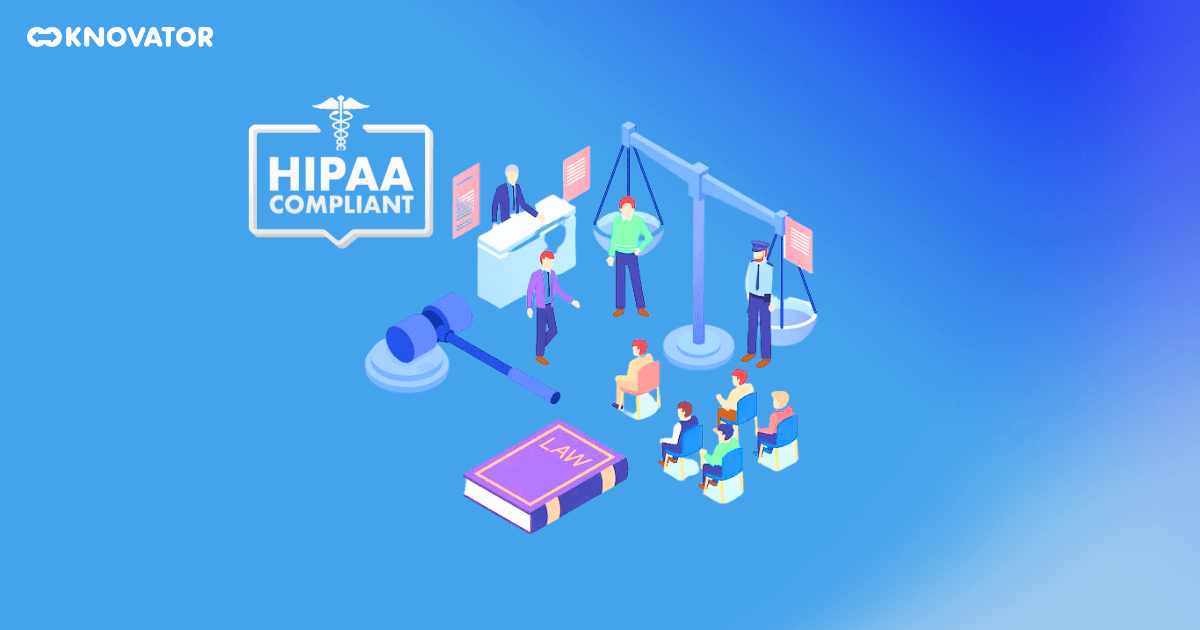 HIPAA sets a national standard for the privacy and security of health information. However, states may also have laws that protect health information’s privacy and security.
HIPAA sets a national standard for the privacy and security of health information. However, states may also have laws that protect health information’s privacy and security.
In general, if state laws are more stringent than HIPAA provisions or provide the individual with greater rights regarding their health information, then the state laws prevail. Thus, covered entities must be aware of the state laws in which they operate and ensure they comply with HIPAA and the relevant state laws. In case the state laws are silent on a specific issue, the HIPAA standards apply.
Understanding this complex interaction between HIPAA and state laws is essential for healthcare entities to avoid penalties for non-compliance. This can involve legal expertise, particularly in situations where state laws and HIPAA appear to conflict.
Case Studies of HIPAA Violations
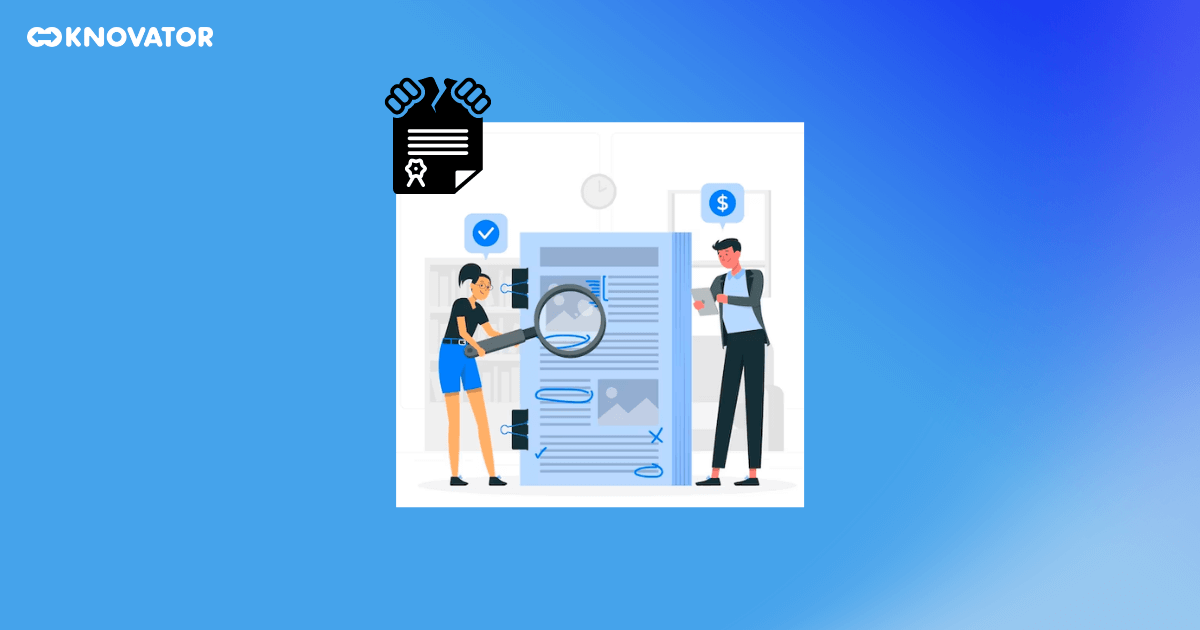 Over the years, numerous cases of HIPAA violations have led to significant penalties and damages. They serve as important reminders of the need for strict adherence to HIPAA regulations.
Over the years, numerous cases of HIPAA violations have led to significant penalties and damages. They serve as important reminders of the need for strict adherence to HIPAA regulations.
One notable example is the case of the Memorial Healthcare System in Florida, which was fined $5.5 million in 2017 for unauthorized access to patient information. The breach involved employees who were improperly accessing patient records, including names, social security numbers, and medical data. This violation highlighted the importance of controlling and monitoring internal access to patient information.
Another case involved the New York-Presbyterian Hospital and Columbia University, where they had to jointly pay $4.8 million in penalties for a violation in 2014. An unsecured computer server inadvertently disclosed the electronic protected health information (e-PHI) of 6,800 individuals, including patient status, vital signs, medications, and laboratory results. This breach underlined the need to conduct a risk analysis and secure server environments.
These cases illustrate the various forms that HIPAA violations can take and the significant repercussions they have on the organizations involved. They warn all healthcare entities about the seriousness of HIPAA violations and the need for stringent compliance measures.
Continuous Compliance and Improvement
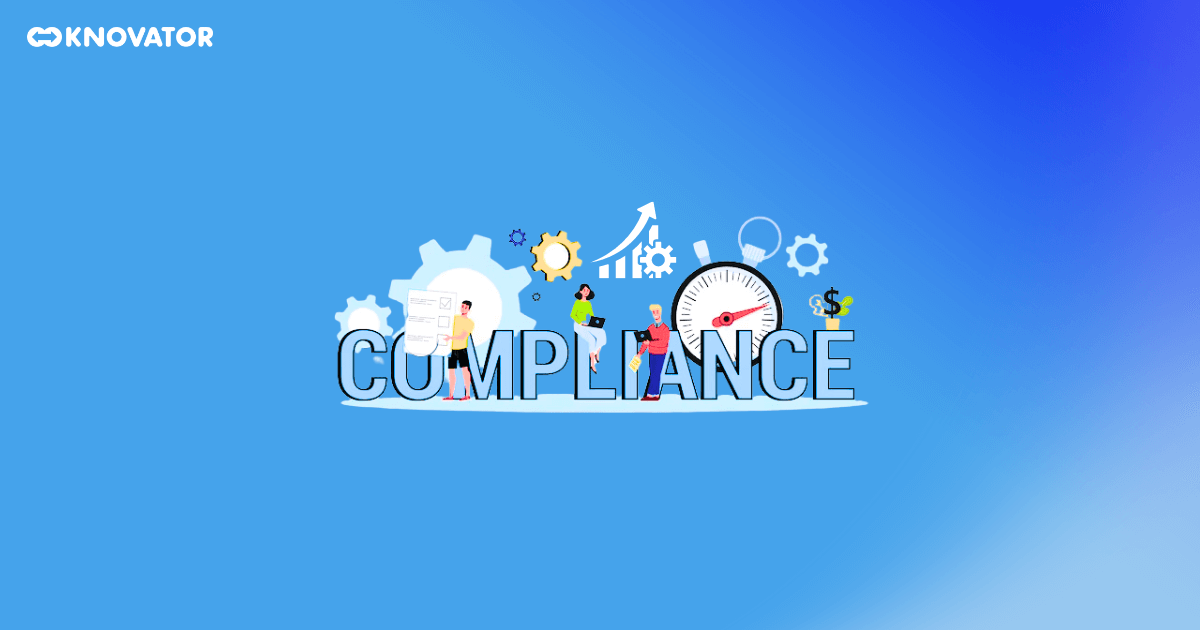 Complying with HIPAA is not a one-time effort; it’s an ongoing requirement. HIPAA-covered entities must continuously review and update their practices to remain compliant, particularly as healthcare and information technology evolve. Regular assessments, audits, and updates to policies and procedures are necessary to address changes in the legal environment or operational practices.
Complying with HIPAA is not a one-time effort; it’s an ongoing requirement. HIPAA-covered entities must continuously review and update their practices to remain compliant, particularly as healthcare and information technology evolve. Regular assessments, audits, and updates to policies and procedures are necessary to address changes in the legal environment or operational practices.
In addition to static measures such as policies, procedures, and infrastructure, continuous training and education of employees are crucial. Given that human error or ignorance is a significant cause of data breaches, reinforcing the importance of HIPAA regulations to staff is a key part of compliance.
Moreover, given that threats to information security evolve constantly, covered entities must proactively evaluate their risk landscape and adapt their security measures accordingly. They should not wait for a breach to occur but strive to improve their security practices continually.
HIPAA compliance, thus, is a dynamic process that requires a commitment to continual evaluation and improvement. It is not just about avoiding penalties but also about ensuring the trust of patients and the public in the entity’s ability to protect sensitive health information.

